Oyo: Will Makinde re-enact Ajimobi’s feat?
[ad_1]
There used to be a myth in Oyo State that it is impossible for a governor to run two terms because Ibadan people are averse to serving a person twice. But the jinx was broken by the late Isiaq Abiola Ajimobi, the immediate past governor of the state, who won re-election by defeating those who contested with him in the April 11, 2015 governorship election in the state. Can the incumbent, Seyi Makinde, who is seeking re-election on the platform of the Peoples Democratic Party (PDP), re-enact the feat? Or will Oyo go back to its default position?
The “Ibadan people do not serve a person twice” myth has its root in the inability of Chief Bola Ige, first governor of the old Oyo State, to secure a second term in 1983. The man known as the Cicero of Esa Oke was unable to win re-election because he failed to secure the support of Ibadan people.
Dr. OmololuOlunloyo, the shon of the shoil who succeeded Ige, never bothered to seek any elective position after the military truncated civilian rule in December 1983. So, he had no opportunity to be rejected or re-elected by his people.
Chief KolapoIshola, who became governor of the new Oyo State in January 1992 but had his mandate curtailed in 1993 aftermath the General Sani Abacha’s coup, did not also bother to seek re-election in 1998 when General AbdulsalamiAbubakar lifted the ban on politics.
AlhajiLamidiAdesina, though of Ibadan origin, failed to secure a second term in 2003 because he lacked the support of many Ibadan people. He was displaced by a fellow Ibadan man, Senator Rashidi Adewolu Ladoja.
Ladoja would probably have broken the jinx had he been on the governorship seat when his party, the Peoples Democratic Party, PDP, had its primaries. But internal politics of the party saw him impeached. Although he challenged this in court and was restored to his position, he could not participate in the primaries and Adebayo Alao-Akala, his deputy who was sworn in as the governor following the impeachment, picked the party’s ticket, subsequently winning the governorship election in 2007.
But Alao-Akala failed to secure a second term in the governorship election of 2011 in which Ladoja also participated because the people of Ibadan didn’t support his aspiration. Thus, Senator Isiaq Abiola Ajimobi won the election.
In the 2015 election, the leading contestants were former and incumbent governors although both Senator TeslimFolarin then of the Peoples Democratic Party (PDP) and Engineer Seyi Makinde of the Social Democratic Party (SDP) were also on the ballot. Apart from Ajimobi who was the sitting governor, there were Senator RashidiLadoja of Accord as well as Chief Alao-Akala of the Labour Party. So the ‘Ibadan people don’t serve anyone twice’ myth was definitely headed for the rocks because one of them was bound to win. And Ajimobi won polling, 327,310 to beat Ladoja who polled 254,520 to the second position and Alao-Akala who had 184,111 to the third position. Folarin came fourth with 79,019 votes, while Makinde was fifth with 54,740.
Although Ladoja led the election in Ibadan metropolis, Ajimobi’s victory was aided by votes he garnered in Ibadan less city.
In 2019, SeyiMakinde was able to defeat his major challenger, Bayo Adelabu of the APC through a collaboration with the Zenith Labour Party, the African Democratic Congress (ADC) and the Social Democratic Party (SDP). The coalition, which was brokered by Chief Ladoja, saw Makinde win convincingly in Ibadan, Oyo, Ibarapa and OkeOgun.
In this year’s governorship election, there are three leading candidates; Governor Makinde, Senator Folarin and Chief Bayo Adelabu of Accord Party, each of them with their advantages and liabilities.
Though Governor Makinde is seeking re-election on the platform of the PDP, he does not enjoy the support of most members of the coalition that thrust him into power in 2019. In addition, some leaders of the party have felt sidelined right from the beginning of his administration and are not expected to throw their weight behind him. Similarly, some members of the party are not happy with him for dumping the party’s presidential candidate, Atiku Abubakar, to support Asiwaju Bola Tinubu of the APC. In the same vein, some transport operators in the state are angry with him for jacking up the rates they pay as well as for giving almost absolute powers to the chairman of the state’s Park Management System Disciplinary Committee, Mukaila Lamidi, alias Auxiliary.
However, the governor, comparatively, has done well. He has expanded the state’s economy by increasing the IGR. He has improved the state’s infrastructure, he has stemmed the rising wave of insecurity in the state through the establishment of Amotekun and supporting the police, he stopped the payment of all forms of fees in schools in the state, he has ensured prompt payment of salaries as well as pensions and has also improved healthcare delivery in the state.
Senator Folarin of the APC has the advantage of belonging to the ruling party that won convincingly in the February 25, 2023 presidential and National Assembly elections. The party won the three senatorial seats as well as many House of Reps seats. So, the party is in a good state in Oyo and Folarin hopes to ride on the bandwagon effect of this. In addition, the candidate has the support of Mulikat Adeola, who is a formidable force in Ogbomoso as well as some disciples of Chief Ladoja. So, he is looking good to win the election.
However, the major hurdle Folarin has to scale is the perception that he has not done much to improve the lot of the people of the state despite having been in the Senate for three terms. One other battle he has to fight is the talk in town that during the COVID-19 era, he warehoused the palliatives meant for the people which resulted in his Oluyole house being attacked by hoodlums. He also has to contend with swinging the votes of civil servants who get paid promptly on the 25th of every month by the incumbent governor.
Chief Adebayo Adelabu is a strong candidate running on a weak platform. Among the leading candidates he stands the least chance of winning the election. Despite parading intimidating credentials, enjoying handsome goodwill due to his background and being a celebrated administrator, the power blocks in the state are not behind him. There are five power blocks in Oyo State; the political class, the traditional institution, the civil service, the religious institution and the street lords. None of these blocks is with Adelabu, not even the executive of his party. So, his chances of winning are very remote.
That leaves Makinde and Folarin.
The political class is torn between the two leading candidates. One, they don’t like Makinde because he has not been playing their game. As a matter of fact he has emasculated them by denying them of patronage. So, the bulk of the political class may tilt towards Folarin. However, the political class is a very small group.
The traditional institution is also torn between the two of them but many of the traditional rulers are with Makinde. The only snag is that he denied Senator Kola Balogun, a younger brother of the incumbent Olubadan of Ibadan, ticket to contest on the platform of the PDP which led to the exit of the legislator from the party. Makinde has been able to stall the process of appointing a new Alaafin of Oyo and a new Soun of Ogbomoso because he wants all sides to support him in the election. But again, the traditional institution is a small fraction of the electorate.
SeyiMakinde controls majority of the civil service. He may not have given them all they want, but the feeler is that the workers would rather stay with a known devil than go with an unknown angel. He has kept fidelity with prompt payment of salaries and promotion. So, the bulk of the civil service votes will go to Makinde. That is huge because civil servants make a large portion of the electorate.
The religious institution is also torn between the two. Many Christian associations support Makinde while many Muslim organizations also support Folarin. But Makinde stands a good chance even among Muslims because he has always supported them and identified with them. So, Makinde has an edge in this respect.
The two leading candidates control the street lords in the state, especially in Ibadan. While Makinde has the likes of Auxiliary, Folarin also has members of the National Union of Road Transport Workers (NURTW) sidelined by the PMS arrangement. These street lords are quite influential because they have huge followers to whom their words are law. It is difficult to say which of the two governorship candidates has an upper hand here. There seems to be a balance of terror.
But having said all these, the candidate that will win is the one who is able to garner substantial votes in Ibadan urban and less city areas. It appears the odds are in favour of the APC in Ogbomoso, Oyo and OkeOgun axis of the state. If Folarin can add Ibadan North and OnaAra local governments to those ones, he will win the election coming up next week.
Makinde will do well in Ibadan and Ibarapa. If his running mate, Barrister BayoLawal; the chairman of the Governor’s Advisory Council, Senator Hosea Agboola; and Senator MonsuratSunmonu are able to deliver their local governments to the governor, he will re-enact the Ajimobi’s feat.
In the final analysis, the candidate that is able to win convincingly in Ibadan will have an edge. Since this is really a two-horse race, the margin will be quite slim.
So, will Makinde re-enact the Ajimobi’s feat or will Oyo go back to its default position? March 18 will tell.
READ ALSO FROM NIGERIAN TRIBUNE
[ad_2]

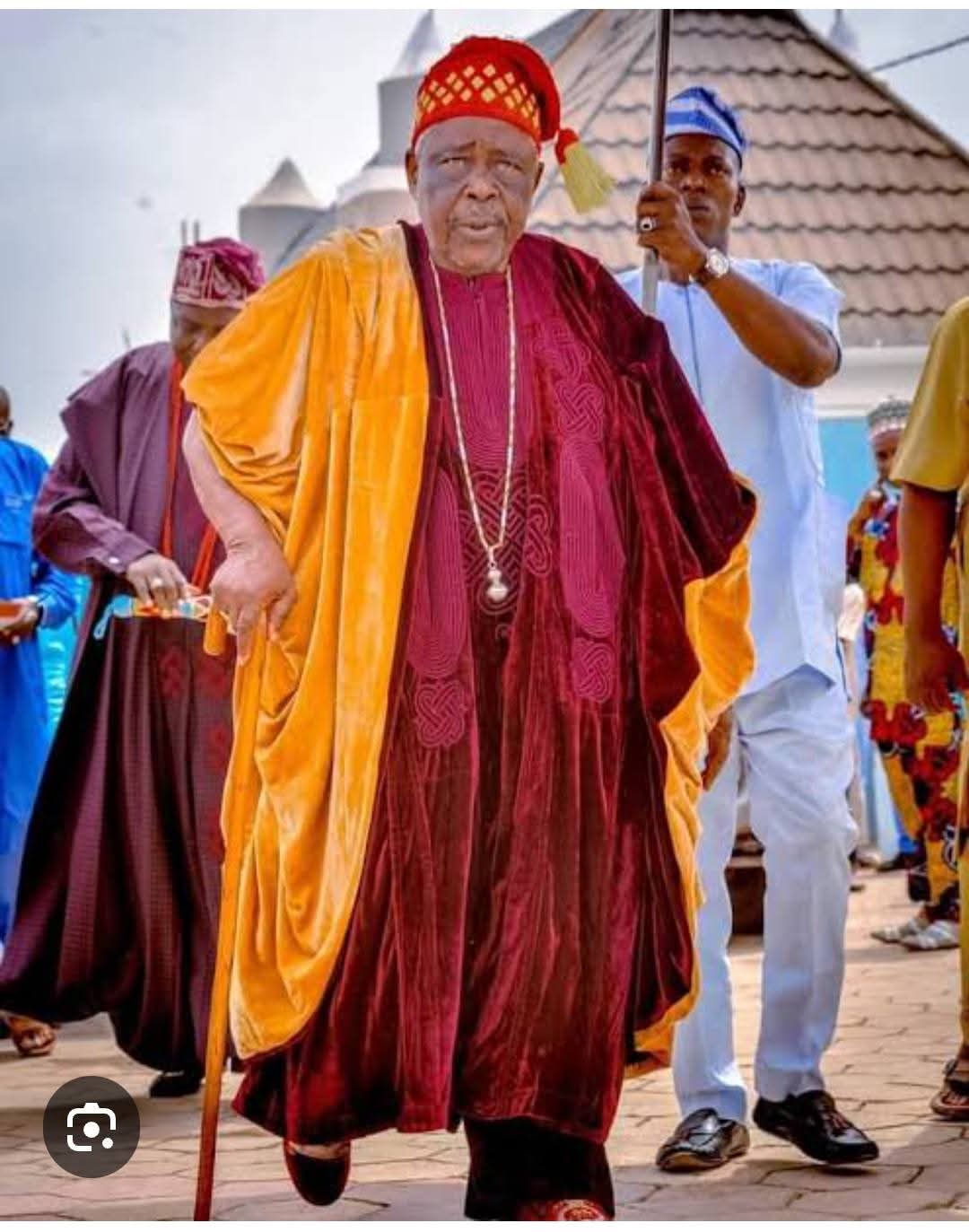

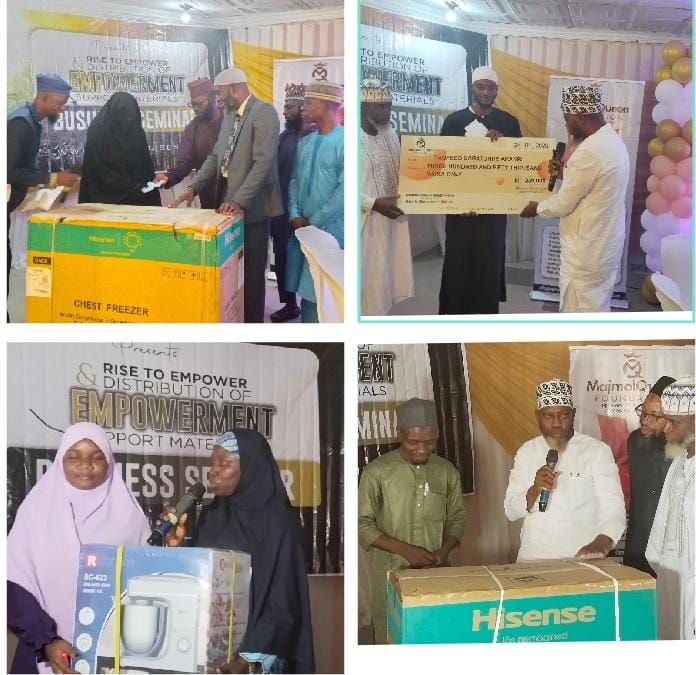



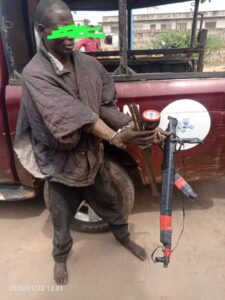

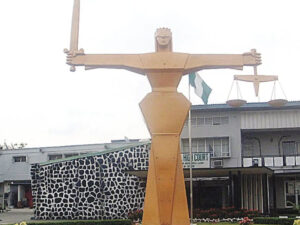
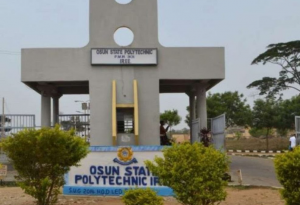
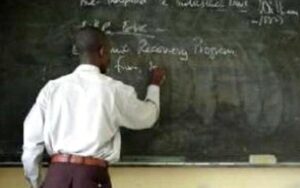


Post Comment